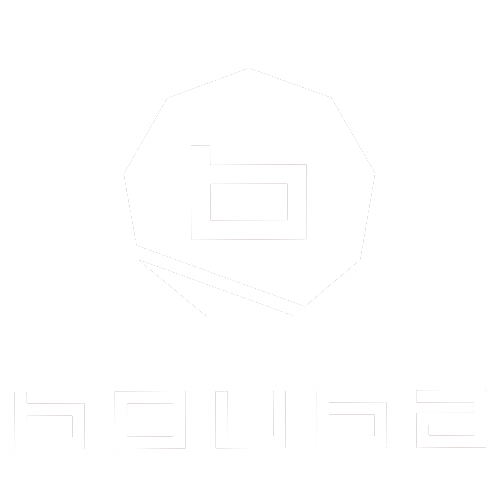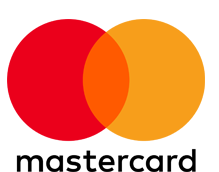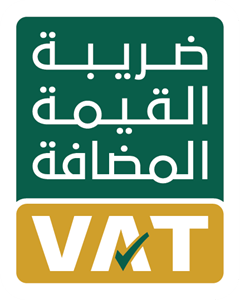Practical application refers to the process of using theoretical concepts in real-world contexts. This process can take many forms, including internships, project-based learning, simulations, and hands-on training. The act of applying knowledge in practical settings helps bridge the gap between theory and reality, making learning more relevant and impactful.
Overview of How Practical Application Enhances Learning and Retention
.

In the educational landscape, the quest for effective learning strategies continues to evolve. One of the most powerful methods for enhancing learning and retention is practical application. By allowing individuals to apply theoretical knowledge in real-world situations, practical application not only reinforces understanding but also equips learners with essential skills for their personal and professional lives. This blog will provide an overview of how practical application enhances learning and retention, backed by research and real-world examples.
Understanding Practical Application
How Practical Application Enhances Learning
1. Reinforcement of Theoretical Concepts
When learners engage in practical application, they reinforce their understanding of theoretical concepts. By applying what they’ve learned to real-world scenarios, individuals can see how theories work in practice, which deepens comprehension. For instance, a student studying physics will have a much greater understanding of concepts like force and motion after conducting experiments rather than relying solely on textbook definitions.
2. Increased Engagement
Practical application fosters active learning, which is more engaging than passive learning methods like lectures. When learners participate in hands-on activities or real-world projects, they become more invested in the learning process. This increased engagement leads to higher motivation and a more profound connection to the material being studied. For example, students involved in design projects are more likely to immerse themselves in their work when they can see the results of their efforts.
3. Development of Critical Thinking Skills
Applying theoretical knowledge in practical situations encourages learners to think critically and solve problems. This process involves analyzing information, evaluating options, and making decisions based on evidence and reasoning. Critical thinking is a vital skill in today’s complex world, and practical application provides opportunities for learners to develop this skill. For example, in business courses, students might analyze case studies to devise solutions for real companies, honing their analytical skills in the process.
4. Real-World Relevance
Practical application demonstrates the relevance of theoretical concepts to real-world situations. When learners see how the knowledge they acquire can be applied to solve actual problems, they are more likely to value their education. This connection enhances motivation and encourages learners to pursue further knowledge. For instance, medical students who participate in clinical rotations can directly observe how their studies impact patient care, reinforcing the importance of their education.
How Practical Application Enhances Retention
1. Active Learning and Memory Retention
Research has shown that active learning methods, such as practical application, promote better retention of information compared to passive learning. When learners engage with the material through hands-on experiences, they are more likely to remember what they have learned. For example, a student who learns about marketing principles through a real marketing campaign is likely to retain that knowledge longer than one who only studies theoretical concepts.
2. Multi-Sensory Learning
Practical application often involves multiple senses, which can enhance memory retention. Engaging visual, auditory, and kinesthetic senses during the learning process helps create stronger neural connections in the brain. For example, cooking classes that combine reading recipes (visual), listening to instructions (auditory), and hands-on cooking (kinesthetic) provide a rich learning experience that aids retention.
3. Reflection and Feedback
Practical application provides opportunities for reflection and feedback, both of which are critical for retention. After applying their knowledge, learners can reflect on their experiences, analyze what worked and what didn’t, and receive feedback from peers or instructors. This reflective practice reinforces learning and helps solidify knowledge. For instance, in project-based learning, students often present their work and receive constructive criticism, which helps them internalize their learning.
Real-World Examples of Practical Application Enhancing Learning and Retention
1. Internships and Work Experience
Internships offer students a chance to apply their classroom knowledge in real-world settings. For example, an engineering student working on a construction site can apply theoretical principles of structural design, enhancing understanding and retention of those concepts.
2. Simulations in Healthcare
Medical training often involves simulations that allow students to practice skills in a controlled environment. For instance, nursing students might use high-fidelity mannequins to practice patient care scenarios. This hands-on experience reinforces theoretical knowledge and improves retention of critical skills.
3. Project-Based Learning in Education
Project-based learning enables students to engage in real-world projects that require applying theoretical knowledge. For example, students in an environmental science class may conduct a project on local biodiversity, applying their learning to a community issue. This real-world application enhances their understanding and retention of ecological concepts.
Conclusion
Practical application is a powerful tool for enhancing learning and retention. By engaging learners in real-world experiences, practical application reinforces theoretical concepts, increases engagement, develops critical thinking skills, and demonstrates the relevance of knowledge. As education continues to evolve, incorporating practical application into learning strategies will remain essential for preparing individuals for the challenges of the modern world. Embracing practical application can lead to deeper learning, improved retention, and a more meaningful educational experience.
Online Courses — Beauty & Lifestyle





